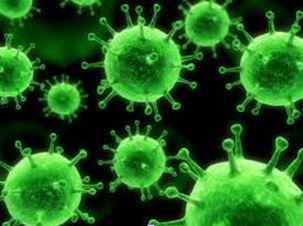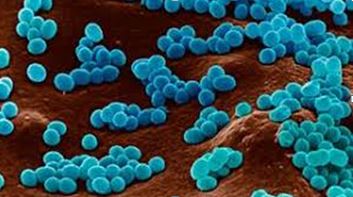Definition of Microbial Toxins: Microbial Toxins are toxins produced by micro-organisms, including fungi and bacteria. These Microbial toxins support to the infection and disease by directly damaging host tissues and by disabling the immune system. Some bacterial toxins are such as Botulinum neurotoxins. These neurotoxins are the most potent natural toxins known. (Toxigenesis is the ability to produce toxins)
What is Toxigenesis:
The Toxigenesis is nothing but the ability to produce the toxins it is an underlying mechanism which may the pathogen producing disease.
What is Toxoid?
Toxoid is nothing but the modified toxin from a pathogenic microorganism, which is no longer toxic but is still antigenic and can be used as a vaccine.
Toxoid is modified as an exotoxin. An exotoxin has two main properties: Toxicity and Antigenicity.
Toxins can be converted to toxoid by different methods e.g. formalin treatment.
For Example – Exotoxins
Exotoxin Producing Bacteria:
The Gram negative and Gram positive bacteria’s are produced the exotoxins:
- Gram negative: Ex; S. aureus, C. tetani, etc.,
- Gram positive: Ex; V. cholera; Enterotoxigenic E.coli, etc.,
The bacterial toxins food is Bacillus cereus, Clostridium botulinum, and Staphylococcus aureus, all of which are capable of causing illness by producing toxins in food.
Conclusion:
The Bacterial Exotoxin and Toxigenesis are the evolution of bacterial toxins involves recombination through the exposure of host and external environment. In the evidence the pathogenic role of diphtheria, tetanus and botulinum toxins, staphylococcal toxic shock syndrome toxin, and streptococcal pyrogenic exotoxins.
Journal Name: Journal of Toxins


